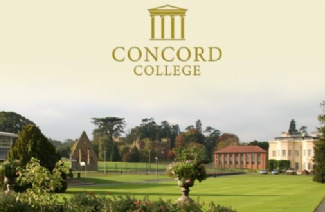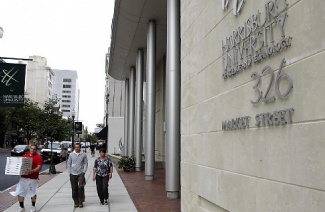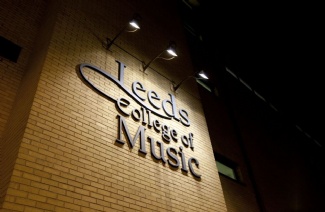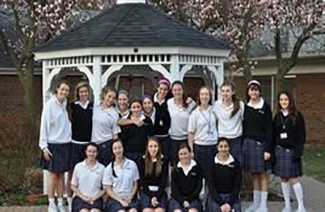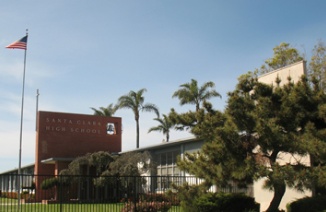下面就是今天
2014年3月份SAT高分范文部分内容展示:
The Value of Pop Culture
In this age of global massmedia and informationexplosion, there is a common perception ofpopularculture as the opposite of "traditional" or"classical"culture. With this comes the unfortunateimplication that the former is somehowlessvaluable than the latter, that it is merely“distraction”. Some of the moreradical opponentsagainst pop culture would even argue that it is oflittlevalue at all - that our lives would have beenbetter if we could just stick tothe classics andpretend that pop culture does not exist. I couldn't disagreemore with this unhappy line ofthought. I am of the opinion that pop culture isof great value, both at present and in thefuture.
Anyone who dismisses popculture wholesale is ignorant of the way culture grows anddevelops. Everycultural phenomenon has a beginning. When it first started, it was thepopculture of its time. It is only later, with the passage of centuries that “pop“becomes”classic”.
Is there any better exampleof "classical" culture than that of the Bard upon Avon, thegreatWilliam Shakespeare? How many people adore and revere Shakespeare today asthemaster observer of all aspects of the human condition? Yet the Bard was anextremelypopular entertainer during his time - his works were greatly enjoyedand celebrated by notjust the upper-class elite of England but the commonpeople as well. Ordinary Englishmenflocked in the thousands to watch theperformance of his plays. Most of his works, even themost famed ones such asHamlet, include bawdy jokes and double-entendres. His dramasdisplayed ashocking amount of violence for their time, which scandalized many ofhiscontemporary critics. If the people of his time had dismissed him as “adistraction” because hewas too "pop", we today would know of no Shakespeare,which would be a tragic loss.
Another example is FranzLiszt, now considered amaster of classical music. But Liszt was a rock starofhis time - his performance was dramatic andcaptivating and he had hordes ofscreaming fans thatcrowded his concerts. A new word was even inventedtodescribe the frenzy he generated: Lisztomania.The same can be said of NiccoloPaganini, Liszt'sinspiration and predecessor and another giant ofclassicalmusic.
Therefore it is extremelyunwise for us to dismiss culture today simply because it is "pop",asfew can predict which of the "pop" would become "classic"in the future. Much more recentlythan Liszt, the Beatles are now considered agreat classic of music, and yet they were "pop"some 50 years ago.
But the value of pop culturelies in far more than its possible future conditions. Pop culture isvaluableright here and now, because it is a powerful form of media and therefore canconveyuseful and important information to its audience. Consider for exampleLady Gaga, the reigningqueen of pop music as of 2014. Many take offense to herstyle and image because it’s too"pop". And yet many influentialcritics and the music scene in general recognize the immensesocial andcultural values of her works. She addresses important issues in many of hersongs,for example that of same sex marriage ("Americano"), feminism("Scheiss"), and the impactand effect of the global mass mediaitself ("Paparazzi", "Applause"). Countless listenershavefound courage and personal inspiration from Lady Gaga's songs, and she is fullyaware ofand vigorously promotes her leadership in social change and progress.
Therefore, I think popculture is of great value, both in terms of potential value in the futureinthe sense that some of our "pop" culture will inevitably live on tobecome "classic" for futuregenerations, and in terms of currentvalue in the sense that pop culture is a powerful form ofmedia to instigatesocial progress. Anyone who rejects pop culture's value without secondthoughthas surely missed what is truly wonderful and magnificent.
相关推荐:
